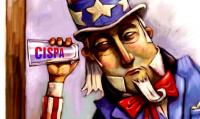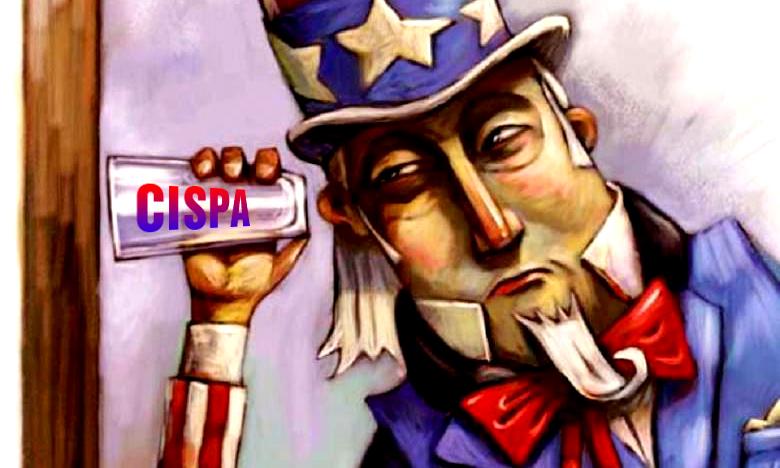 Efforts to protect the U.S.A. from cyber security threats have moved a step further after the latest bill passed a House of Representatives vote. The amended Cyber Intelligence Sharing and Protection Act (CISPA) was passed by 248-168 even though there’s still a high chance that President Obama’s office will veto it.
Efforts to protect the U.S.A. from cyber security threats have moved a step further after the latest bill passed a House of Representatives vote. The amended Cyber Intelligence Sharing and Protection Act (CISPA) was passed by 248-168 even though there’s still a high chance that President Obama’s office will veto it.
The new amendments mean that government agencies can now use the shared information for the “investigation and prosecution of cybersecurity crimes”, the “protection of individuals from the danger of death or physical injury” and the “protection of minors from physical or psychological harm”.
Originally it was only cases where “cyber security” and “protection of national security” was threatened and the new measures aren’t likely to please the act’s detractors. They will be slightly heartened by the agencies not being allowed to use library, medical and gun sale records, tax returns and education documents. After five hours of debate, Republican Mike Rogers, chairman of the House intelligence committee, said: “This is the last bastion of things we need to do to protect this country.”
From a gaming industry point of view we can report the Poker Players Alliance didn’t manage to catch the coat tails of this act with a federal poker bill and that will be something that pleases many players.
Those in the Obama camp are safe in the knowledge that it still has to pass the Senate and even then the boss can still veto it. They would prefer a Senate bill that gives Homeland Security the primary role in overseeing cyber security. The argument from this side of the fence is a compelling one with the belief that privacy erosion is not something to be taken lightly.
“In an effort to foster information sharing, this bill would erode the privacy protections of every single American using the internet. It would create a ‘wild west’ of information sharing,” said Representative Bennie Thompson of Mississippi, the leading Democrat on the House homeland security committee.
Even with the new amendments the bill has a large number of grey areas and is a scary proposition for anyone that uses the Internet.
